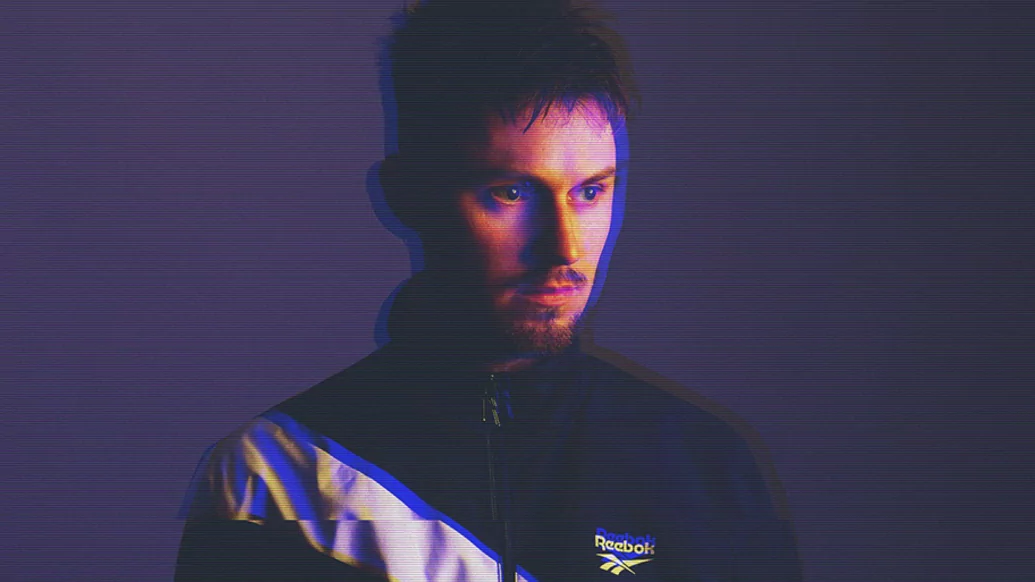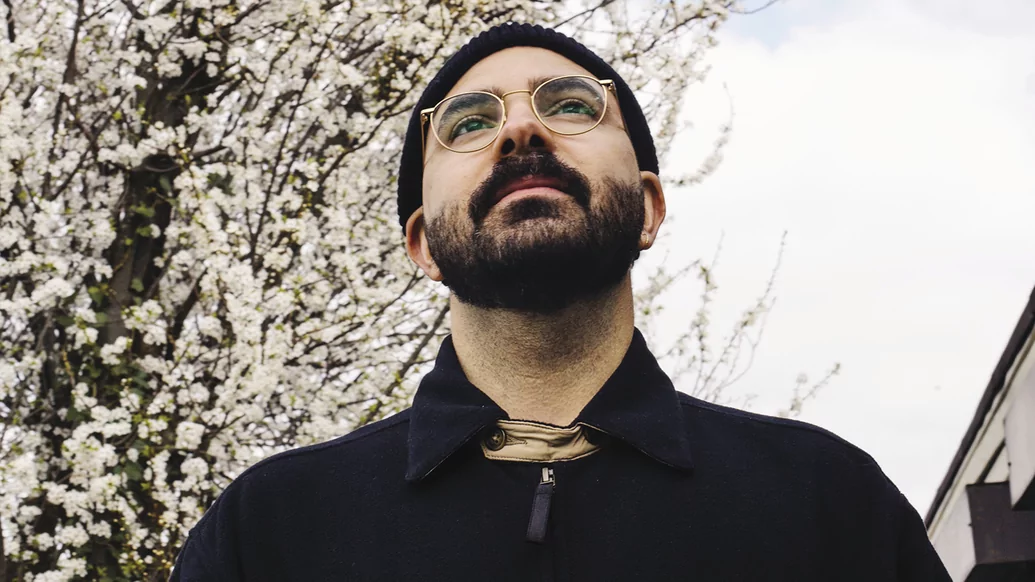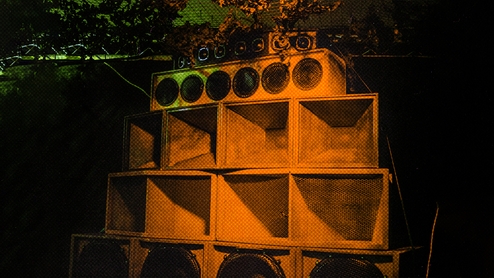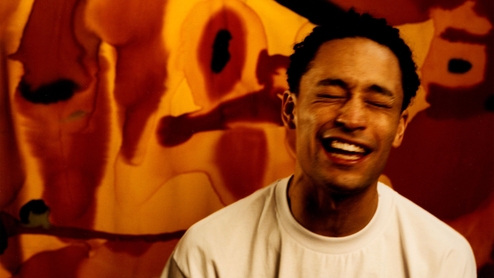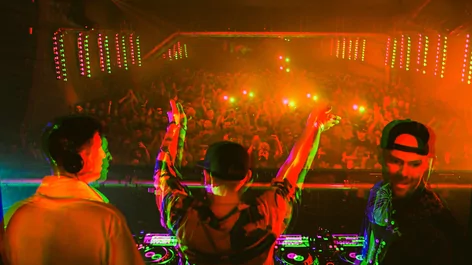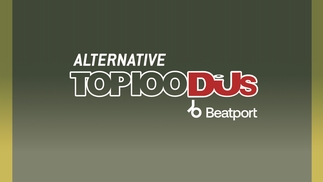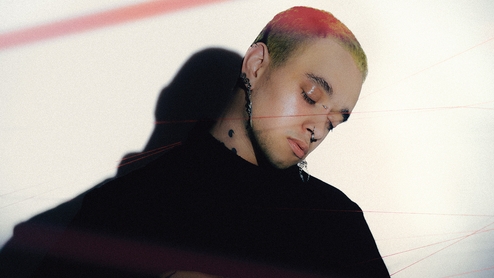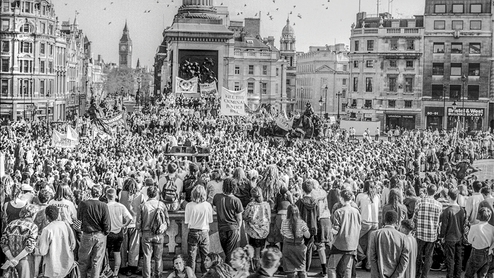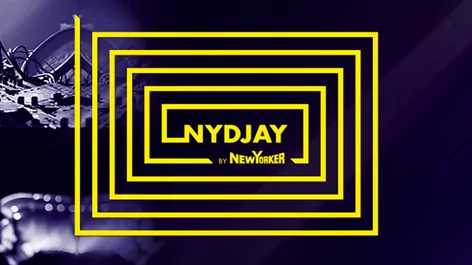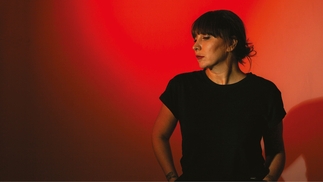Last weekend, after almost 18 months without a show, Belfast’s mighty AVA returned to the city in a brand new location, taking over the Boucher...
Search
Results for: harm reduction
Last weekend, AVA festival returned to Belfast. Despite venue closures and ongoing restrictions across Northern Ireland, the event went ahead outdoors in a brand new...
Prolific UK DJ and producer Mani Festo records a thunderous two-hour mix of rave futurism and hardcore nostalgia for the Recognise series, and speaks to...
Jeddah-born, Dublin-based DJ Moving Still records a hi-NRG mix of edits and originals, and speaks to Gabriel Szatan about the thriving network of “Arabic electronic"...
When Dax J made worldwide headlines last year for dropping an Islamic call to prayer sample during his set in Tunisia, it looked for a minute...
'Public indecency and offending public morality'. Before April last year, those words probably meant about as much to Dax J as his name did to...
Is wealth and privilege damaging British dance music, and if so, what should we do about it?
WORDS: Matt AnnissPICS: Nicola Nodland & Jillian Edelstein
Since acid house swept the UK 30 years ago and united a generation, British dance has proudly proclaimed its egalitarian credentials. Many believe that the loved up, misty-eyed utopianism...
Sound systems have driven the development of music in the UK, powered by hard work, passion and innovation. But preserving UK sound system culture, its knowledge and history, while also pushing it forward, is no easy task today. Ria Hylton traces its path through ska and reggae at blues dances in West Indian households, to soul, boogie, hip-hop and house in ’80s warehouses and at the Notting Hill Carnival, to nationwide tours and global popularity, and finds out how initiatives like the Sound System Futures Programme are seeking to secure its future
Though never afraid to show vulnerability before, Loyle Carner opens himself up more than ever on new album ‘hugo’, shedding the image of UK hip-hop’s perfect ‘nice guy’ to explore his reconnection with his estranged father and his Black heritage, and what it means to become a dad himself
On Cue is our newly relaunched flagship mix series, celebrating the pivotal DJs and producers whose influence has shaped the world of electronic music, both...
Mr. Mitch is enjoying making people dance.
A move away from the delicate aesthetics of his last EP, October 2018’s ‘Primary Progressive’, Mr. Mitch’s latest...
The Warehouse Project returned for its final year at its “spiritual home” of Store Street last weekend. DJ Mag’s deputy digital editor Rob McCallum looks...
The UK club scene has changed hugely since the mid-noughties. The End is gone. As are The Cross, Turnmills, The Arches, Sankeys and countless more...
Using data from voting in this year’s global Top 100 DJs poll with a genre filter based on insights and data from Beatport, we present...
Rotterdam's IMANU crafts tracks and DJ sets that do away with genre, choosing instead to surf through styles, tempos and textures with a focus on emotional impact. Alongside a hair-raising Recognise mix, he speaks to Ben Hindle about changing up his production process, taking creative risks, and visualising his sound
1st May 1994 was the first big London protest against the looming Criminal Justice Bill, the piece of legislation that first proscribed a genre of music — rave music, “wholly or predominantly categorised by the emission of a succession of repetitive beats” — in law. Despite widespread demonstrations at what was seen as draconian power-grabs by the UK authorities, the Bill became law later in 1994. Here, Harold Heath looks back at the reaction from the dance music community at the time, and the Act’s lasting impact on the rave scene today
These are the DJs set to battle it out in Vienna
Following incredible NYDJAY events in some of Europe's hottest clubs, it is time for the NYDJAY by NEW YORKER Grand Finale, which takes place at...
It’s true that house music would still exist if Marshall Jefferson hadn’t been around to guide it — but it’s equally correct to say that without Jefferson...
Berlin-based DJ, producer, and label boss Bloody Mary started her wax-led imprint long before the vinyl revival, and 10 years later it’s still going strong...

